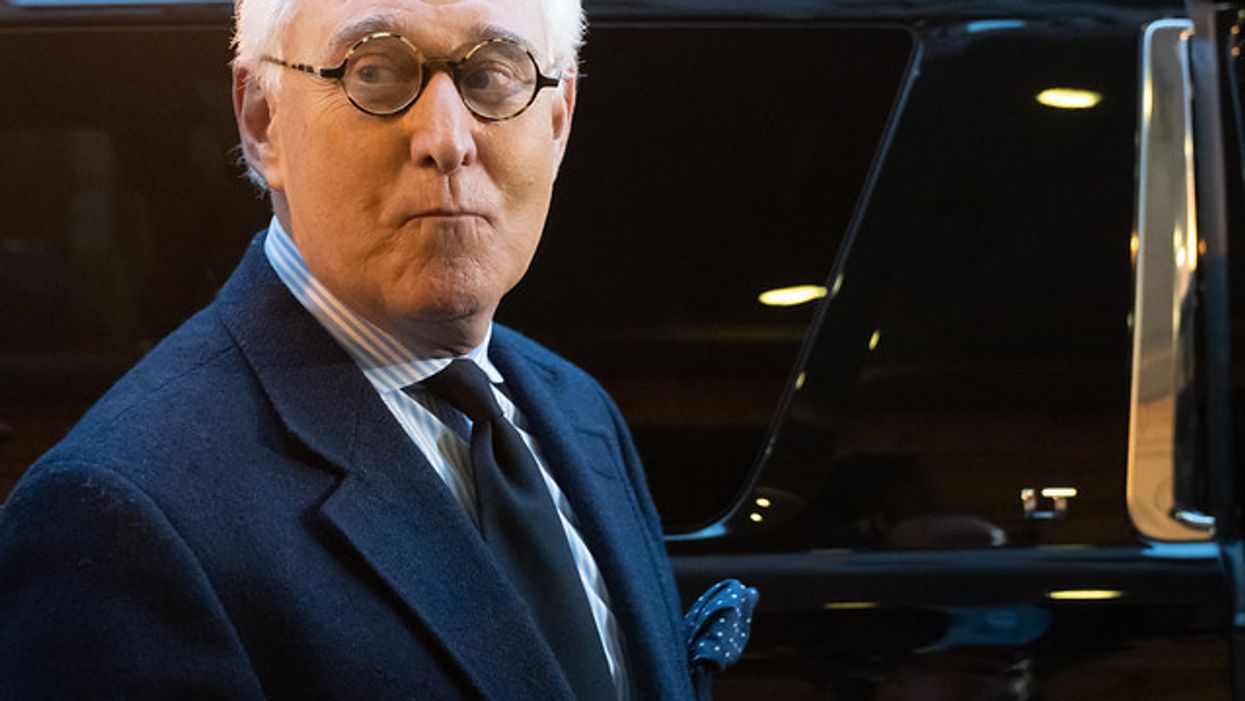Conservative Columnist Offers Plain Reason Why Trump Might Run In 2024
At his poorly attended campaign-style rally Saturday at a racetrack in Georgia, former President Donald Trump all but formally announced that he's going to try to reclaim his former job in 2024.
One reason that he might "have to" run again, according to a former assistant U.S. attorney general Dennis Aftergut writing for The Bulwark, is that Trump wants to cloak himself in the immunity of the presidency to shield himself from federal prosecution on charges stemming from the deadly Jan. 6 insurrection.
"Two motivations appear to lead the pack of emotional wolves that maraud Trump’s brain," Aftergut wrote. "First, as his niece Mary Trump has said, he owns 'the most colossal and fragile ego on the planet.' His frail self-image fears external confirmation that he’s a loser. Restoration would represent redemption."
Trump has another, more pressing need to get himself back into the White House, and Aftergut said "we received a strong whiff of Trump’s fear of federal prosecution" when he unendorsed Rep. Mo Brooks (R-AL) -- who revealed the former president has been asking him since September 2021 to help him overturn President Joe Biden's election.
"Second, and likely more important, is his fear of federal prosecution," Aftergut added. "The presidency brings immunity from it under Justice Department memos. Although Attorney General Merrick Garland has appeared reluctant to prosecute Trump, he remains exposed to federal prosecution on a variety of charges — including charges related to Jan. 6th — absent a return to the White House."
Aftergut notes that the former president, who under any circumstances has no immunity from prosecutions at the state or local level, probably fears federal action more.
"It seems clear that Trump has more to fear from any indictment by the Justice Department, with its far greater resources, and with the venue for any trial in Washington, where he cannot count on a follower or two to be on the jury to hang it," Aftergut wrote.
Reprinted with permission from Alternet


